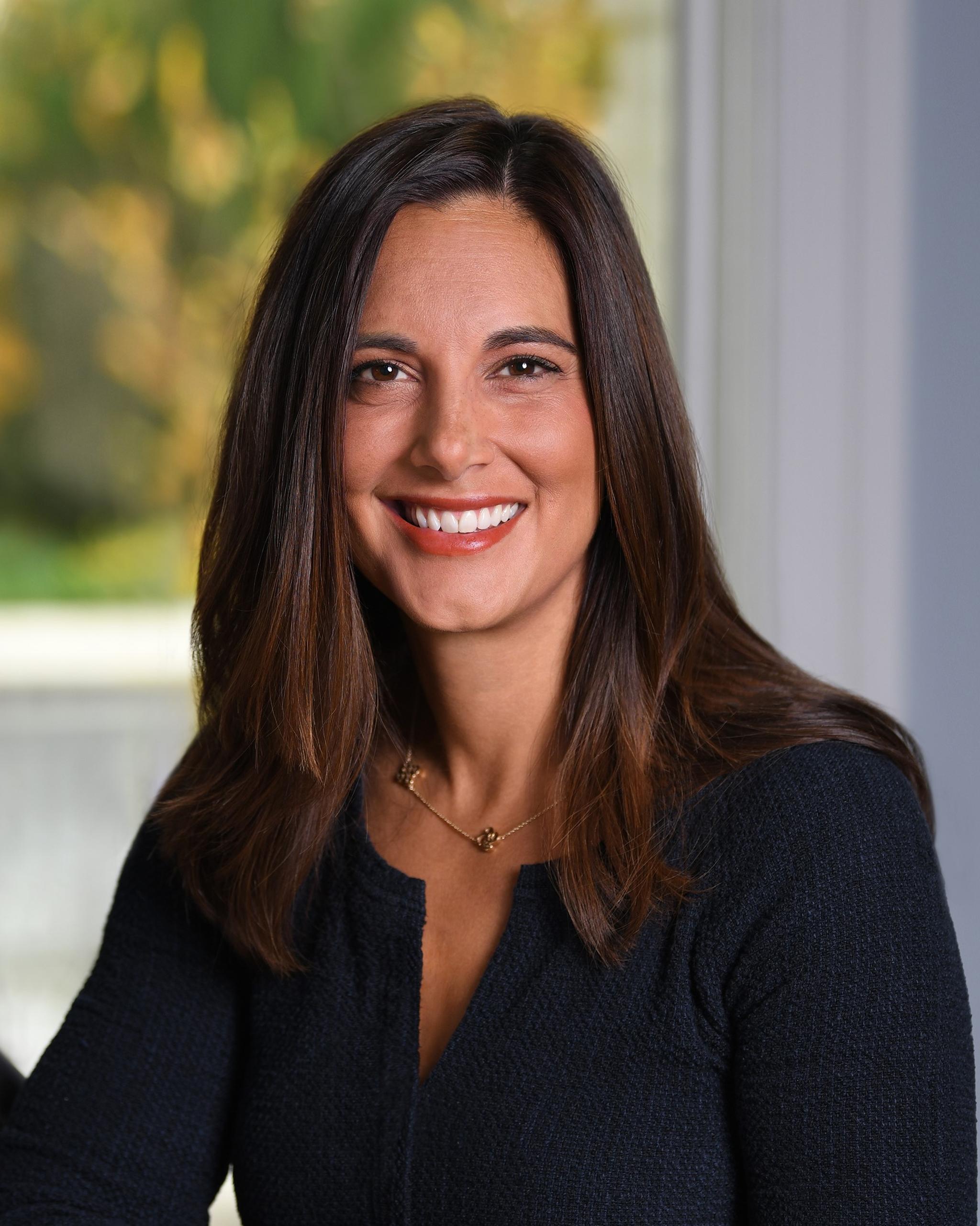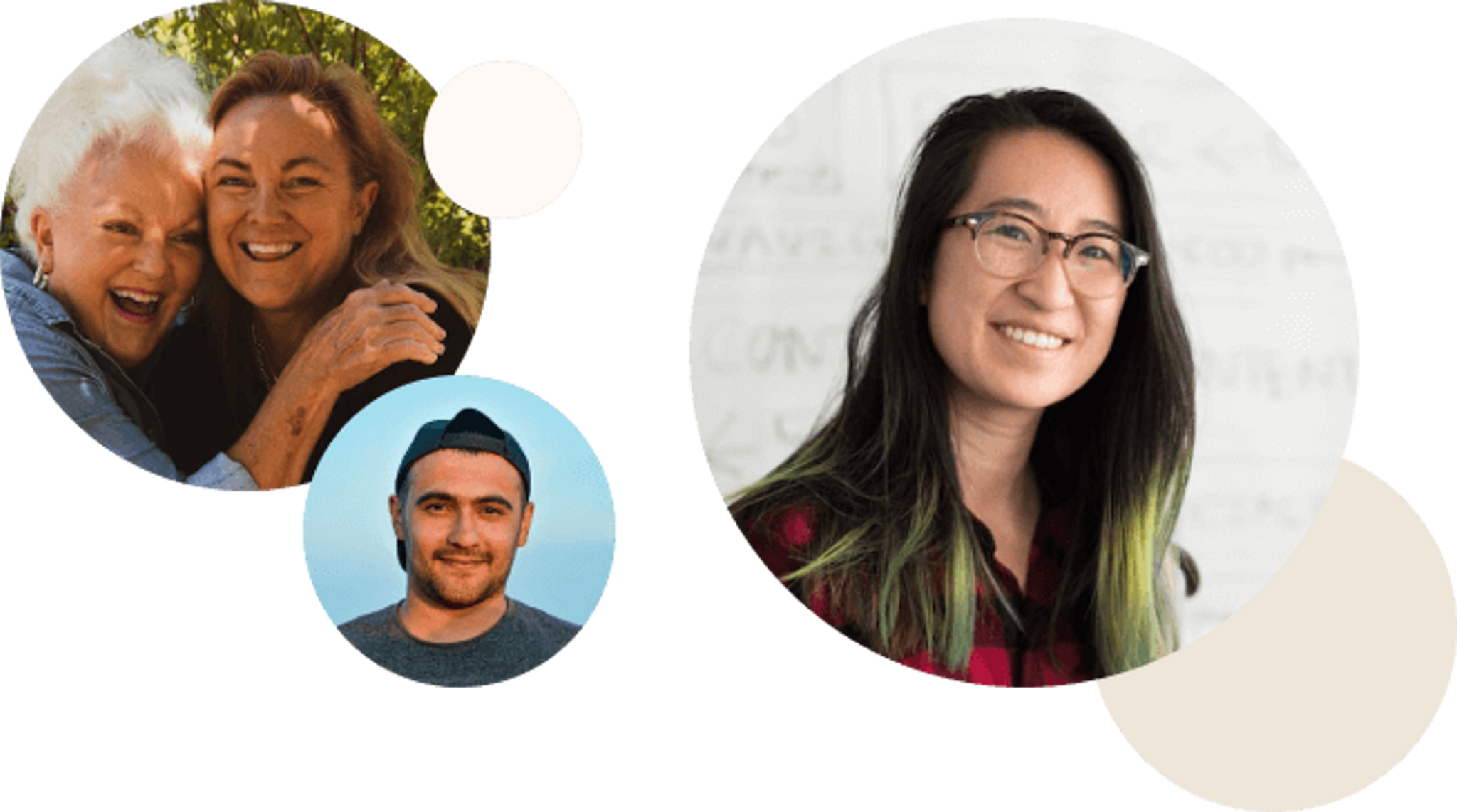“What I’ve been doing isn’t working.”
I was experiencing severe anxiety. The overwhelm hit me at work, in my failing marriage, and as a mother to 3 young children.
This moment was fragile. I did not have a solution, but I had the insight of a question… Could it be better? Could it be easier?
For me, these questions led me toward a novel approach, unrecognized within formal insurance structures—an innate health intervention. This model suggested that ease amidst chaos was possible—an idea which seemed farfetched. Yet I still needed help and I was willing to explore.
I was able to find someone and pay out of pocket for a model of support that changed my life. I had access, I had means and it was highly supportive and available care. My pathway to transformation was made possible by my privilege- my Ph.D. in psychology made me comfortable with the process of exploration, my connections and resources gave me the ability to find this opportunity.
For every single person who seeks mental health, there is a fragile moment like mine. But most people do not have the path I took available to them. They do not have the time, money or knowledge to explore different approaches. For many, there are few, if any, options available in a reasonable geography. And for those that do have formal support close by, there can be a sense that these options are not ‘for them’... not run by people who share their life experiences or feel, at a gut level, trustworthy, to understand the challenges they face.
In the rural towns in my state, approximately 2-3 hours west of where I live, it takes over 6 months to have a short (maybe 15-minute) appointment with a mental health provider whose primary focus is the medical treatment for specific mental health diagnoses. The sense of ‘otherness’ that comes with a diagnostic-first approach is a direct hit to hope.
While diagnoses may be necessary for prescriptions, my experience suggests there is an important conversation that occurs before the need for diagnostic-based transactions. In the fragile initial stages of seeking help, hope comes from understanding that mental health difficulties (and even diagnoses) are shades of a universal human condition. This idea is deeply rooted in the science of human development.
In the science of human development, traits and tendencies are understood as universal, with individual differences occurring based on the degree to which these tendencies and traits show up (and the extent to which different environments draw these out). There is hope in understanding this. Struggle can exist without a sense of otherness or brokenness but as a function of the degree and configuration of fundamentally human challenges.
The success of our mental health system lies in how the fragility of hope is handled.
Right now, our solutions do not prioritize this hope in equal measure to the diagnosis of problems. And the knowledge we have about solutions is often limited in scope based on what information is deemed credible. Solutions existing within communities, in the basements of recreation centers and the back hallway of local schools or churches, conducted by those with lived wisdom rather than pedigrees, go unnoticed and largely unexplored.
Innate Health Research is a non-profit consulting group dedicated to changing the way people think about mental health so that all people can access hope, clarity, and the power to create change. We drive collaborative projects that investigate the power of simple, creative, mental health solutions and—we share what works.
My hope for my recovery and resilience has transformed into hope for more people.
Hope is worth every investigation.
Dr. Anita McGinty

Anita McGinty, PhD
May 10, 2024
Anita is the co-founder and CEO of Innate Health Research, a psychologist and academic leader in education.


